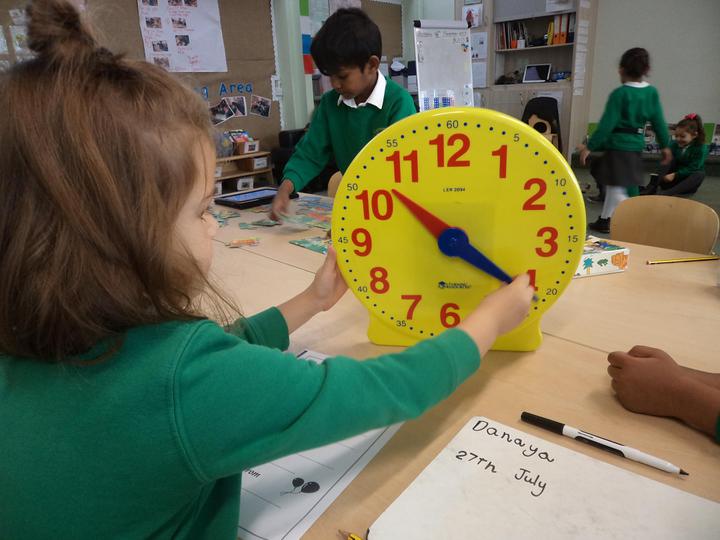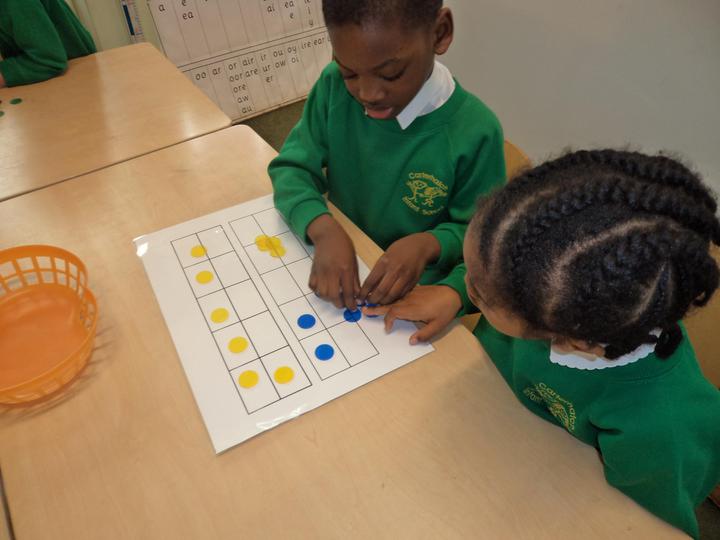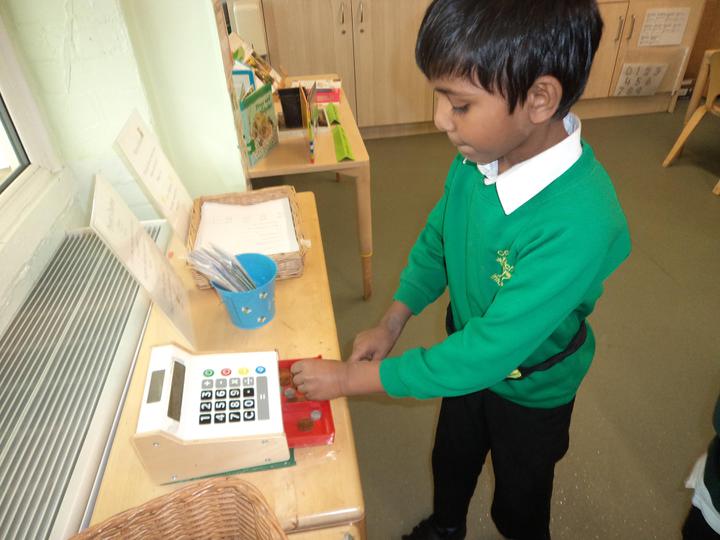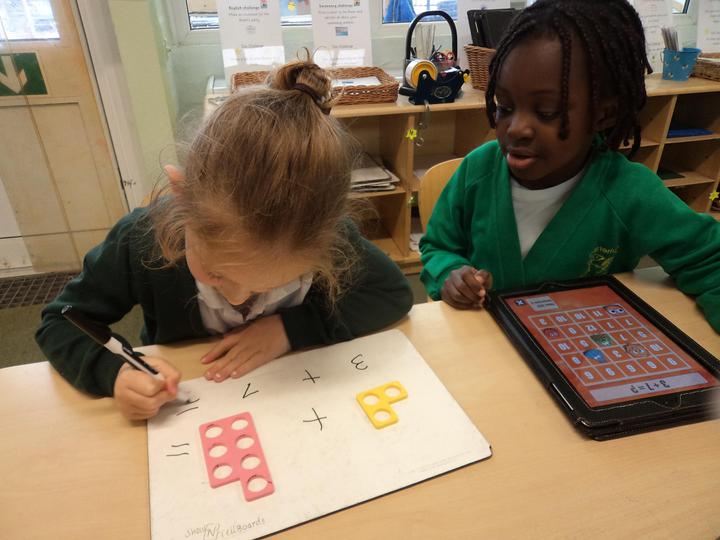Maths




Maths is essential for everyday life. At Carterhatch Infant School we are passionate about our pupils having a sound foundation in the fundamentals of mathematics and aim to foster a sense of pleasure and curiosity about the subject through developing problem solving and reasoning skills.
We teach mathematics using a mastery approach. We follow the National Curriculum programme of study for maths and use White Rose materials to support our resources. We also value materials developed by the London Borough of Enfield’s Maths Advisers and a group of Enfield teachers passionate about maths to support our curriculum. Nrich (www.nrich.maths.org) further develops our investigative skills.
At present we are working with the National Centre for Excellence in the teaching of mathematics (NCETM), London North East Hub, to embed an innovative, exciting maths curriculum, based on the latest research.
With the Mastery approach children are taught to “understand” maths, rather than just rely on rote learning.
We endeavour to encourage our children to learn deeply by giving enough time to explore mathematics at a deep level in order to foster understanding. This slower pace and focus on depth eventually leads to greater progress because it gives all learners the chance to become secure in their understanding.
At Carterhatch Infants School we use concrete apparatus (things children can touch, hold and manipulate) and visual apparatus (things they can see) to help children to visualise, supporting their understanding. Through the consistent use of these apparatus and representations, our pupils gain confidence as independent learners to use resources and solve problems. Please see below for examples.
Fluency in maths is also essential. It is an expectation that by the end of year 2, children are fluent in 2, 5,10 and 3 times tables. Children need to be able to make connections and continue patterns. For example when working on times tables or number bonds they can make connections and continue patterns:
|
6 + 4 =10
10 – 4 =6
4×6=24 24÷4=6
40×20=800 800÷20=40 |
Our calculation policies for Addition, Subtraction, Multiplication and Division are attached at the end of this document.
-
Hit the Button
Quick fire interactive maths challenges
